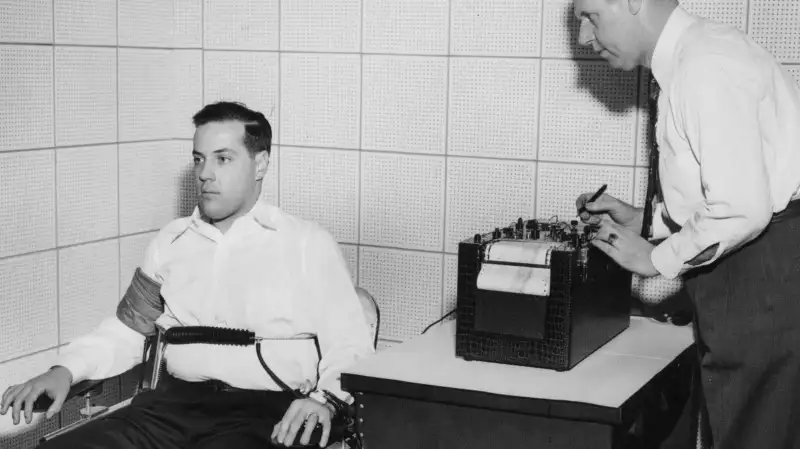How to Make Sure You Sail Through a Reference Check—Before You Even Apply for a Job

You’re in the throes of your job search, and things are looking up—with any luck, the recruiter will call soon to ask for your references.
References are important, and definitely not a throwaway step to be considered last-minute. In fact, you shouldn't only be nurturing your network of references when you're seeking a job. Remember, these are people who already know and like you. Keeping your references updated ensures that you hear about trends and opportunities in your field—even if you’re employed now you don’t want to miss a great lead.
Here are the right and wrong ways to manage that process:
DON'T just ask your former supervisors to be references.
DO ask vendors, consultants, clients, peers and direct reports.
Your supervisors will always be your most requested reference. However, over the course of your career, you work with a variety of people—not just for your immediate supervisor. Sometimes you work more closely with others than with the person you report to on the organizational chart. Therefore, you need to think more broadly about who can speak for your work than just a boss. Furthermore, your different collaborators can speak to different elements of your work—vendors see your negotiation skills, consultants gauge your teamwork skills, clients know your service quality, peers see you day-to-day, and direct reports know your management style.
DON'T wait until the recruiter asks to check in with your references.
DO line them up in advance.
People move around. You don’t want to find out right before you need the reference that you can’t find that supervisor who knows your work so well. You also want time to find alternative references if one of your choices seems lukewarm when you contact them, or is just so tough to reach that they may not get back to the recruiter in a timely fashion.
DON'T assume references know what to say.
DO coach them on what to highlight.
Your references haven’t worked with you in a while and have since managed others. They won’t remember exactly what you worked on. They also don’t know this job you’re going for so won’t know what to emphasize, especially if you did a lot of different things when you worked for them. Therefore, you need to help them help you—remind them of that big project or key client you want them to discuss, share the job description, and tell them you would appreciate it if they talked, say, about your analytical skills.
__________
Caroline Ceniza-Levine is co-founder of SixFigureStart®career coaching. She has worked with professionals from American Express, Condé Nast, Gilt, Goldman Sachs, Google, McKinsey, and other leading firms. She’s also a stand-up comic. This column will appear weekly.
Read more from Caroline Ceniza-Levine:
How to Network in Just 5 Minutes a Day
How Making a Friend in HR Can Help Your Career
10 Easy Ways to Make Yourself More Hireable
Your Career is Your Biggest Asset. 5 Ways to Protect It
5 Ways Microsoft Employees (and You) Can Prep for Layoffs
